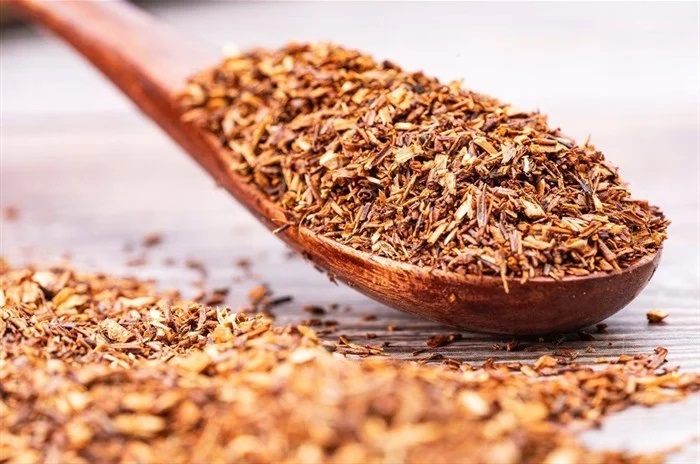To ensure financial propriety, a lengthy, but necessary administrative process preceded the R12,2m payout.
As a signatory to the Nagoya Protocol, South Africa requires all who trade in indigenous biological resources, such as rooibos, to share benefits with traditional knowledge holders in a fair and equitable way.
Negotiations between the parties began as far back as 2014, when the South African government recognised the Khoi and San as the rightful traditional knowledge holders of Rooibos.
The Rooibos ABS agreement is a first of its kind in the world. Other agreements involved specific companies and traditional knowledge holders, whereas this agreement encompasses the entire industry, ensuring all volumes of Rooibos sold are levied through one process.
The rooibos industry – represented by the SA Rooibos Council (Sarc) confirmed that a benefit-sharing levy of 1.5% of the farm gate price of rooibos will be paid out into a trust annually.
The use of the funds will be independently decided by the National Khoi and San Council and South African San Council, who respectively represents the Khoi and San. Its use is primarily intended for the upliftment of these communities. An annual report, detailing the distribution of funds, will be submitted to the DFFE to ensure complete transparency.
Martin Bergh, chairperson of the SARC says the aim of benefit-sharing funds is to contribute to poverty reduction, food security, social development and biodiversity conservation, to which the industry remains fully committed to.



